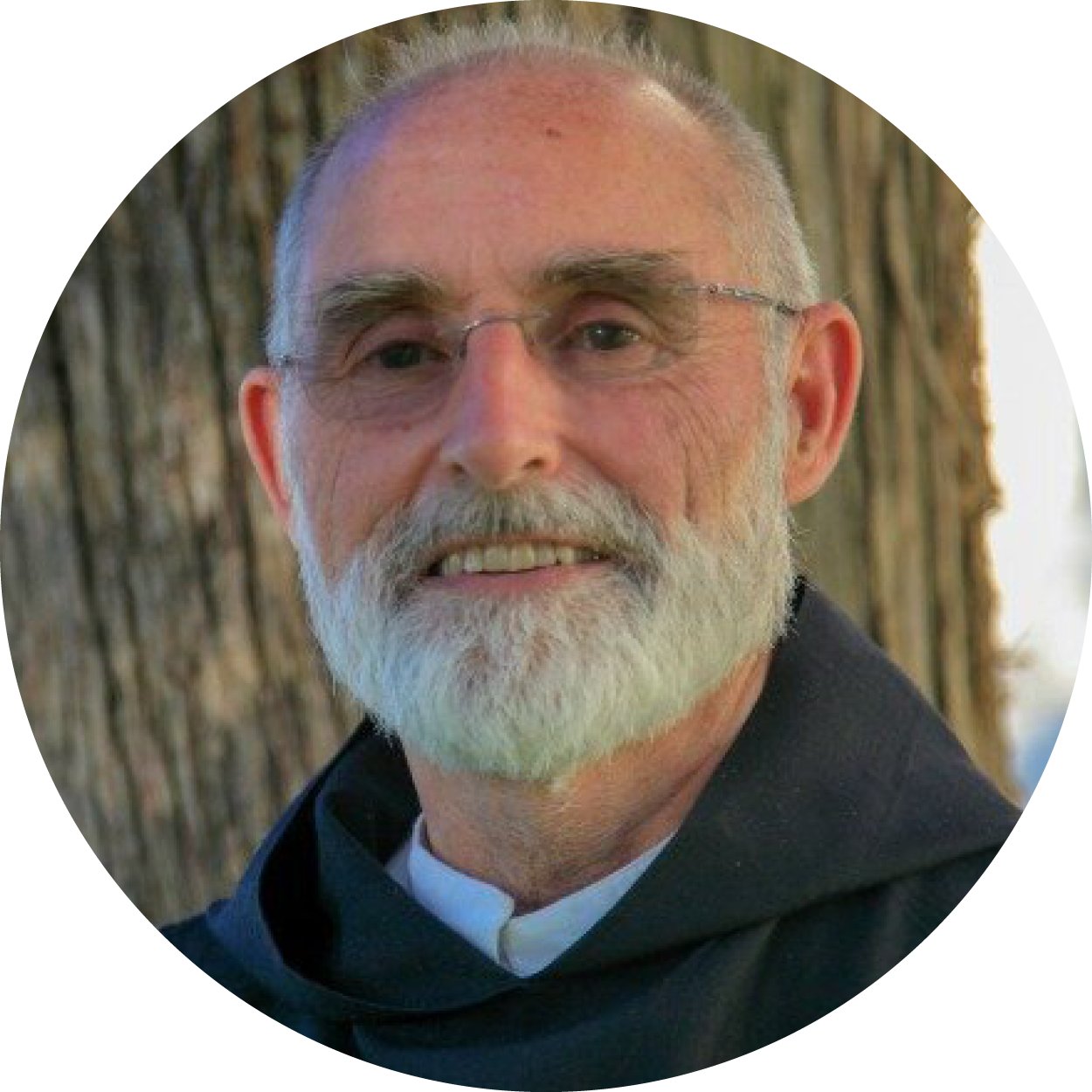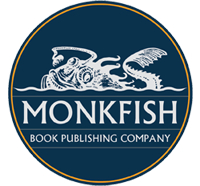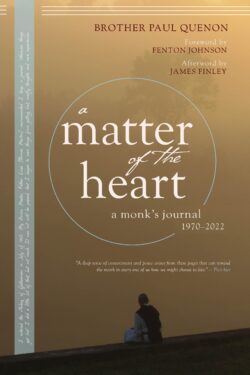A Monk's Journal
Paul Quenon, OCSO
Paperback
978-1-958972-41-0
US $23.99
eBook available
September 2024
“This book is a treasure-chest of wisdom and beauty and fun. Brother Paul’s delight in the world, and his gift for putting words to wonder, would make his old novice master Thomas Merton beam. Best of all, a deep sense of contentment and peace arises from these pages that can remind the monk in every one of us how we might choose to live.” —Pico Iyer, author of The Half Known Life: In Search of Paradise
A contemplative monk’s musings on living a “useless life.”
“Brother Paul bears witness of being keenly aware that every aspect of his monastic vocation has been carefully crafted to nurture and protect the contemplative way of life in which one is called to seek and to find and give oneself to God who is wholly poured out and given to us in the gift of life itself.” —James Finley, author of The Healing Path
In the spirit of Thomas Merton’s The Sign of Jonas come five decades of life at the Abbey of Gethsemani in Kentucky from the private journals of one of Merton’s former novices, Brother Paul Quenon.
Readers are introduced to multiple aspects—the inwards and outwards—of a monk’s life. Reflections, meditations, insights, and wanderings are mingled with outward experiences in nature, community, and sketches of monks—saintly, comical, or strange—poetic moments. Remarks are made on world events, seen from a local and momentary perspective, such as the war in Iraq, or the end of the war in Vietnam. Private discoveries of animal behavior, and magical locations for prayer are experienced with wonder. No daily chronology is followed, but entries are arranged from the 1970s to the 2000s according to the decade they occurred in, including the visit of the Dalai Lama and other occasions when this contemplative’s life has intersected with spiritual teachers outside the monastery. Overall, a multi-colored, diverse, and surprising display of what it is like to live “an enclosed life.”
Author Bio
 Brother Paul Quenon, OCSO entered the Abbey of Gethsemani at 17. Thomas Merton was his novice master. Remarkable teachers and mentors furthered his development, such as John Eudes Bamberger, Dan Walsh, Flavian Burns, Pico Iyer, and Beatrice Bruteau. He studied theology at Catholic Theological Union in Chicago, and taught and lived at a monastery in Nigeria. He has played an active role in the International Thomas Merton Society for a half-century. His memoir, In Praise of the Useless Life, received a Catholic Press Award, and he has published ten books of poetry. Now in his eighties, he continues his life of choir, prayer meditation, and cooking at the monastery.
Brother Paul Quenon, OCSO entered the Abbey of Gethsemani at 17. Thomas Merton was his novice master. Remarkable teachers and mentors furthered his development, such as John Eudes Bamberger, Dan Walsh, Flavian Burns, Pico Iyer, and Beatrice Bruteau. He studied theology at Catholic Theological Union in Chicago, and taught and lived at a monastery in Nigeria. He has played an active role in the International Thomas Merton Society for a half-century. His memoir, In Praise of the Useless Life, received a Catholic Press Award, and he has published ten books of poetry. Now in his eighties, he continues his life of choir, prayer meditation, and cooking at the monastery.
Praise
“These excerpts from over fifty years of Paul’s journals trace his evolution toward a fully useless life—a kind of koan in which uselessness becomes useful. Contemplation combined with imagination enables him to see through and around and under the detritus of capitalism—the polluted air and rivers and seas, the lost or disappearing biodiversity, the decaying infrastructure, the frayed relationships with each other and with nature. He finds and shares with his readers his visions of what lies beneath: Earth in her bounty and all her creatures in their beauty—including us, in all our brokenness.” —Fenton Johnson, author of At the Center of All Beauty: Solitude and the Creative Life
“Brother Paul bears witness of being keenly aware that every aspect of his monastic vocation has been carefully crafted to nurture and protect the contemplative way of life in which one is called to seek and to find and give oneself to God who is wholly poured out and given to us in the gift of life itself.” —James Finley, faculty member at the Center for Action and Contemplation, and author of The Contemplative Heart and The Healing Path
“This book is a treasure-chest of wisdom and beauty and fun. Brother Paul’s delight in the world, and his gift for putting words to wonder, would make his old novice master Thomas Merton beam. Best of all, a deep sense of contentment and peace arises from these pages that can remind the monk in every one of us how we might choose to live.” —Pico Iyer, author of The Half Known Life: In Search of Paradise
“This is a text of its time, unmistakably: there are motorized wheelchairs in this world, trailer-hermitages, cannabis-confiscating helicopters, and COVID. But it’s also enlivened by a deep tradition of meditational practice, pulling together pieces of the cosmos to find new discoveries there, whether in Centaurus A or in Walmart, among the deceased parakeets and song-seeking cows and the bright brief portraits of many fellow monks—in short, ‘the alfalfa and the omega’! However easy it is to be distracted, Brother Paul Quenon suggests that there are a great many things that can just as easily bring us back into focus, if we only attend to them.” —Jamie Kreiner, professor history, University of Georgia; author of The Wandering Mind: What Medieval Monks Tell Us about Distraction
"An intriguing collection of thoughts and impressions that offer a rare glimpse into a solitary life." —Kirkus




